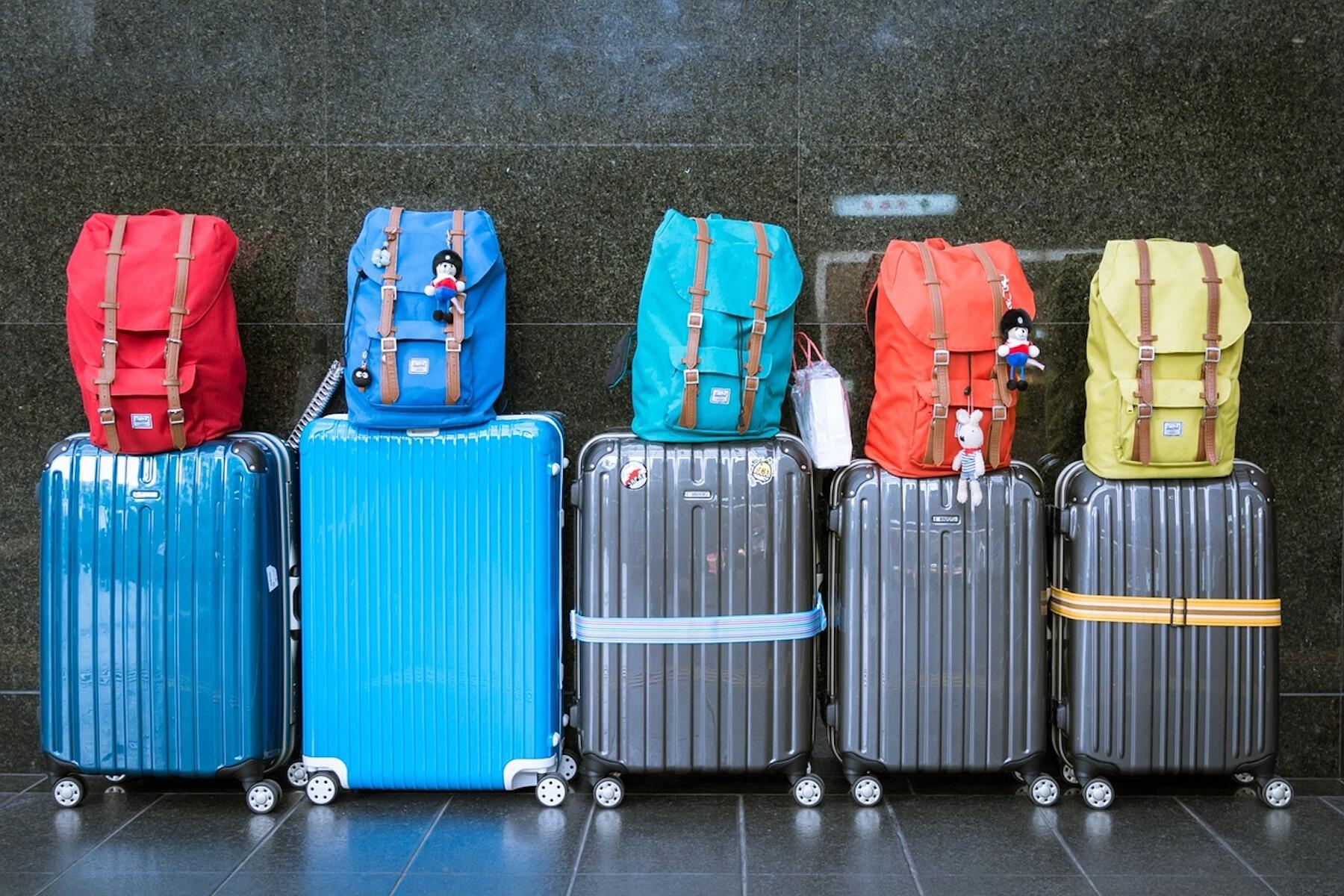Travelers can text the word “Travel” to 275-872.
The Transportation Security Administration (TSA) has banned three hair tools from checked luggage for passengers traveling on the nation’s airlines.
Cordless curling irons or flatirons, containing gas cartridges, butane-fueled cordless curling irons or flatirons, or spare gas cartridges for these devices cannot be carried in checked luggage. Also banned from checked bags are cordless curling irons or flatirons that contain lithium metal or lithium-ion batteries. Cordless curling irons or flatirons that are banned from checked luggage can be taken onboard in carry-on luggage provided they have a safety cover fitting over the heating element, and are designed with safeties to prevent accidental activations. Gas refill cartridges are not permitted in checked or carry-on bags.
The restrictions apply only to cordless curling irons or flatirons that contain lithium batteries or are powered by gas or butane. Cordless devices that run solely on electric current continue to be permitted in checked or carry-on bags.
TSA has long had restrictions on certain types of lighters or other devices with liquid fuel, including butane in both checked and carry-on bags. Restrictions on lithium batteries are newer, after several incidents in which the batteries overheated and became fire hazards on board flights. TSA and several airlines generally ban lithium-ion batteries from checked bags, and many prohibit the charging of such batteries using onboard power sources because of the increased risk they’ll catch fire.
Continue Reading Article After Our Video
Recommended Fodor’s Video
All checked bags are screened prior to being loaded onboard a commercial aircraft. Passengers who check bags with prohibited items—even inadvertently—can be fined, and will almost certainly have their travel plans delayed. For bags containing flammable liquid or gel fuels, fines can range from $450 to $2,570—higher if the items appear to be “artfully concealed.” TSA has the authority to impose up to $17,062 in civil penalties per violation.
TSA has made several other changes this year, including the final implementation of the long-delayed REAL ID rule requiring enhanced IDs for air travelers, and ending the requirement for most travelers to remove their shoes during the screening process at airport checkpoints. The 3-1-1 rule for liquids in carry-on bags, however, remains.
Travelers who must travel with TSA-prohibited items may be able to ship those items to their destination instead of traveling with them in their luggage. Certain hazardous materials may by law only be transported via surface methods, so be sure to check with the shipper the estimated transit time prior to shipping, particularly if the items are needed immediately upon arrival.
Curling irons and hair straighteners with fuel sources are just one of the many flammable items prohibited in checked bags by TSA regulations. Other prohibited items include English Christmas Crackers, Flammable Paints, lighters (unless their fuel has been removed), safety matches, party poppers, phone chargers or power banks, recreational oxygen, spray paint, and vehicle airbags. Engines and engine-powered equipment may be acceptable if their fuel sources have been emptied, but individual airlines sometimes restrict these if they have ever contained fuel, even if the fuel has been completely drained out.
TSA keeps a frequently updated list of items prohibited in checked and carry-on bags on their website for passengers to reference prior to travel. For items not listed, travelers can text the word “Travel” to 275-872.


